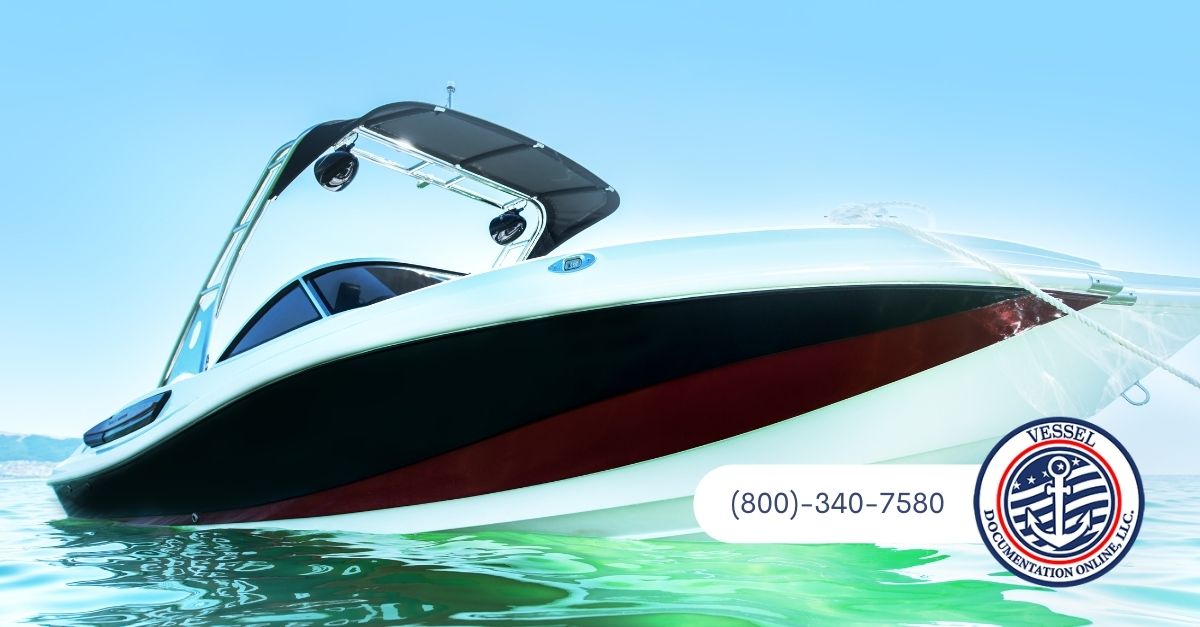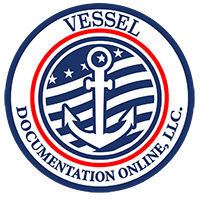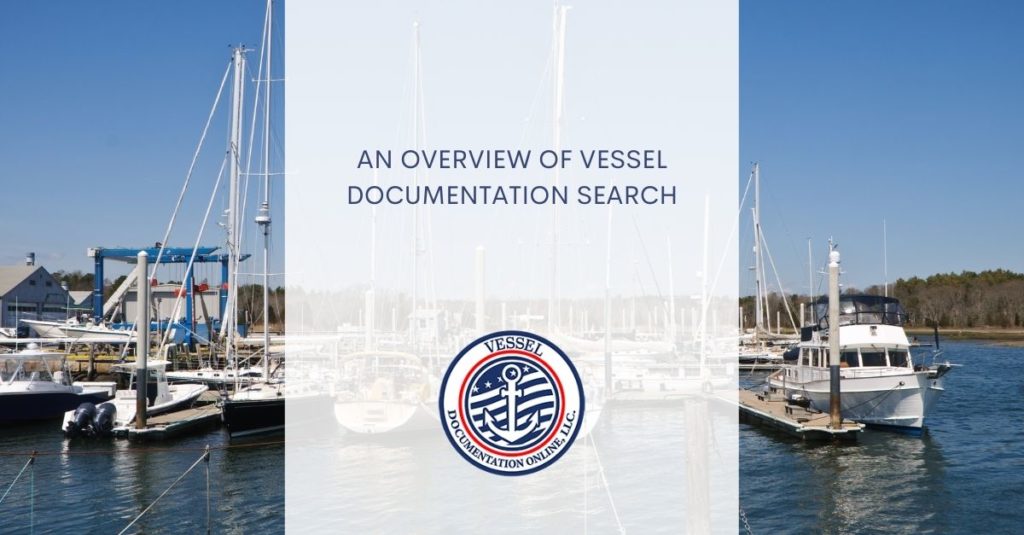Check the USCG website for the vessel’s name and any further information you may be interested in knowing about it when conducting a vessel documentation search.
To find out who owns a boat and who is named on the title, you will need to get some information from the boat itself, which is not difficult to do.
You may be able to identify the other boater if you are engaged in a boating accident and the other boater escapes the scene, provided the vessel’s name and the port from where it was hailing are known to you.
As a result of privacy issues, several nations do not release information on boat ownership titles. However, it is possible to get the information you want if you have an accident report or ongoing litigation in which the material is subject to public disclosure.
It is possible to get further information on the vessel via various means. However, since it is not currently possible to do a Coast Guard recorded vessel search by the owner, you will have to be creative in your hunt for further information on the boat and its previous owners.

How to Perform a Vessel Documentation Search
Make sure you choose the correct kind of search when executing a query. It is now possible to input matching criteria in upper and lower cases.
Responses will be based on the specific word or phrase you have used in your question. These will be listed below the submit button in a list box.
If the search returns many results, it might take a while to process them all. If you want to begin a new search, you have to press the reset button.
The information supplied here is typically up-to-date; however, it is regularly changing. It is also susceptible to inaccuracies or omissions; therefore, it should not be relied upon without an additional vessel documentation search.
There may potentially be several old files that are no longer accessible. However, this kind of information may be obtained on a one-on-one basis.
The documentation center provides more information beyond what is retrieved by our search lookup resource.
Ownership information, preferred mortgage filings, lien claim notifications, and further data are included. When doing any form of vessel documentation investigation, keep in mind that it may go beyond merely the federal status of your vessel.
State and even international registry records may affect the vessel’s ownership and lien status.
A vessel’s paperwork is not conclusive proof of ownership about any concealed claims or filing deviations, according to NVDC -> US Coast Guard.
How To Discover Who Is On A Boat’s Title?
Step One
Verify the boat’s registration information. A registration sticker may be seen on each side of the bow, on either side of the bow.
The Coast Guard or local government will be able to tell you whether the boat has been registered or not based on this.
The sticker is generally in a bit of a square or rectangular shape.
Step No. 2
Make a note of the boat’s identification information. Make a note of any information that appears on the boat’s registration label.
Find out the hull identification number by using this tool (HIN). Since the 1970s, all boats in the United States have been required to have a HIN, a unique identifier for each watercraft in the country, including jet skis and other small vessels.
When the boat is facing forward, the HIN is often positioned in the stern or rear of the boat, on the starboard or right side, depending on the model.
Make a note of the boat’s name and the port from where it will be hailed. This is also often seen near the stern of the vessel.
Step Number Three
Input the boat’s information into the Coast Guard-approved database. You may skip to Step 4 if the boat is already registered with a state.
A name search of all Coast Guard vessels in the Office of Science and Technology’s database should determine if the boat has been registered.
When requested, provide the title owner’s name and the port of hail, and the site will return the information to the title owner.
In the end, it would appear that the USCG is doing an excellent job of making it easy for law enforcement agencies and individuals to locate information about their vessels.
Since there are many sources for this information, we have concluded that it is very likely that you will find what you are looking for if you need it.
This is a straightforward way to identify the registered owner of any boat. What’s more, it is the easiest way to find out who owns a boat.




